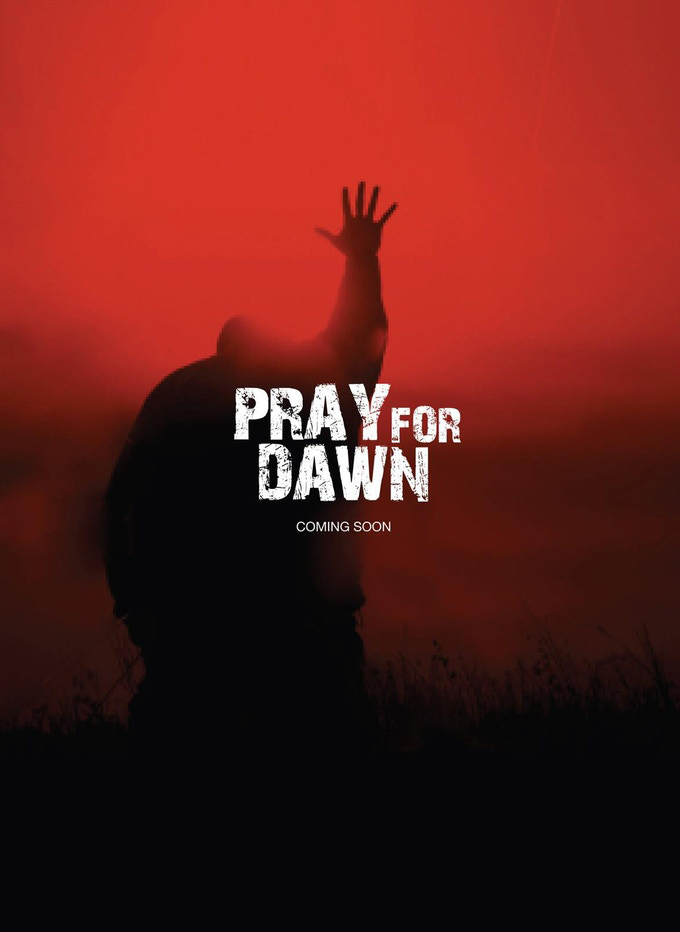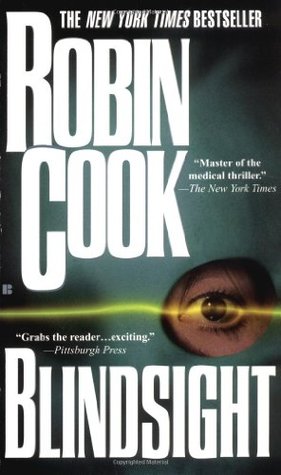Broken Monsters is the second and last book I finished for this year’s 24 in 48 readathon, matching my “finished” total for Dewey’s Readathon this past October. I cheated a little and read for two hours past the official end of the readathon, but I’m counting it anyway.

From when I started the book at breakfast-time on Saturday.
This was the second book in a row that I finished reading at 2am, sitting on the floor of the bathroom with the door shut so my late-night reading wouldn’t disturb my spouse, who is much better about observing a healthy, consistent bedtime than I am. He’s also much taller than me.
I’d read very little in the way of crime dramas/murder mysteries until a few months ago when I began feverishly making my way through Tana French’s Dublin Murder Squad series. I can’t say with certainty that the commonalities I see between this book and French’s books is also something in common with the genre in general, so I’ll just keep to what I know. Beukes does all of the things that I love about French’s writing, and she does them even more. Like French’s characters, Beukes’s characters are distinct personalities, but they’re even more clearly—yet still subtly—drawn. Both authors weave their characters’ personal lives and a broader cultural commentary into the murder investigation at the core of the novel, but Beukes does it in a manner even more seamless and emotionally authentic. Reading this novel, I was constantly blown away by the virtuosity and subtlety with which Beukes writes.
The biggest difference between French’s novels and Broken Monsters is that Beukes puts no brakes on the bizarre. But while the novel gets really, really weird, Beukes still takes the reader along with her. I happily read bizarre fiction, but there’s usually a self-consciousness about it, a constant awareness that I’m reading something bizarre. But with this novel, the weird just kind of snuck up on me so that, by the time I was really aware of just how weird it was, I was already in it.
I think what made the difference for me was the emotional authenticity that Beukes retains throughout all of the really off-the-wall stuff. There’s a scene towards the end of the novel in which Gabi says something to Layla that makes total sense but I completely didn’t expect. I hesitate to use the word poignant because that implies a level of sap that this scene does not possess, so I’ll just say that the exchange reveals the depths of the love between mother and daughter in a way that’s so surprising in its emotional truth that I cried just a little. Granted, it was almost 2am and I’d been sitting on the tile floor of my bathroom reading for nearly four hours, so perhaps I was in a more vulnerable emotional condition than if I’d been curled up comfortably on the couch and reading well-rested, but while I might not have teared up, I think I would have been surprised and the scene would have retained its emotional truth in either situation.
Two quotes stood out for me. The first, which I’ve truncated significantly because I don’t want to give too much away, stands out because it feels true to how our culture responds to attention-seekers at all levels, especially in this Internet-fueled, post-truth age:
“Just keep giving him attention. Even if it makes you an accomplice to his [expletive]ed-up fantasies.” (405)
And the second just made me smile because I’ve thought it so many times myself (minus the comma splice, of course):
“Hell isn’t other people, it’s other parents.” (316)
To any of my mom-friends who are reading this, I don’t mean you.
Share this with your friends:- More






